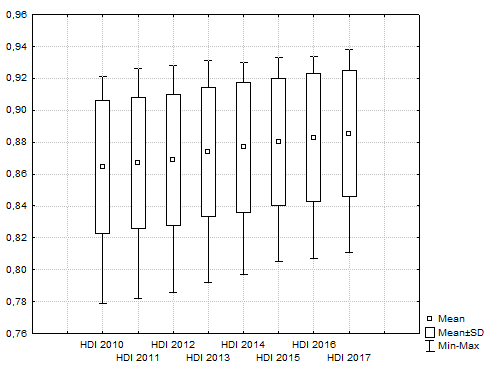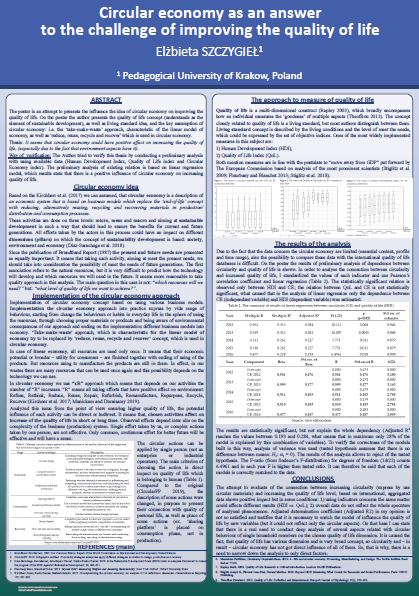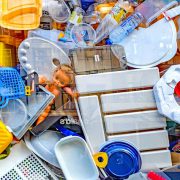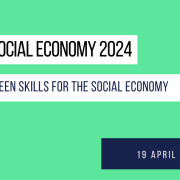Based on the Kirchherr et al. (2017) we can assumed, that circular economy is a description of an economic system that is based on business models which replace the ‘end-of-life’ concept with reducing, alternatively reusing, recycling and recovering materials in production/ distribution and consumption processes.
These activities are done on three levels: micro, meso and macro and aiming at sustainable development in such a way that should lead to ensure the benefits for current and future generations. All efforts taken by the actors in this process could have an impact on different dimensions (pillars) on which the concept of sustainability development is based: society, environment and economy (Diaz‐Sarachaga et al. 2018).
Since the publication of Brundtland Report (1987) the present and future needs are presented as equally important. It means that taking each activity, aiming at meet the present needs, we should take into consideration the possibility of meet the needs of future generations. The first association refers to the natural resources, but it is very difficult to predict how the technology will develop and which resources we will need in the future. It seems more reasonable to take quality approach in this analysis. The main question in this case is not: “which resources will we need?” but: “what level of quality of life we want to achieve?”.
This is an excerpt from my poster presented during the Hradec Economic Days conference (HED 2020) which was held on via Internet (2nd-3rd April 2020). The poster was an attempt to presents the influence the idea of circular economy on improving the quality of life. On the poster I presented the quality of life concept (understands as the element of sustainable development), as well as living standard idea, and the key assumption of circular economy: i.a. the ‘take-make-waste’ approach, characteristic of the linear model of economy, as well as ‘reduce, reuse, recycle and recover’ which is used in circular economy.
The main thesis I assumed was the following: It seems that circular economy could have positive effect on increasing the quality of life, (especially due to the fact that environment aspects have it). I tried to verify this thesis by conducting a preliminary analysis with using available data (Human Development Index, Quality of Life index and Circular Economy index). The preliminary analysis of existing relation is based on linear regression model, which results state that there is a positive influence of circular economy on increasing quality of life.
The poster is available here:




